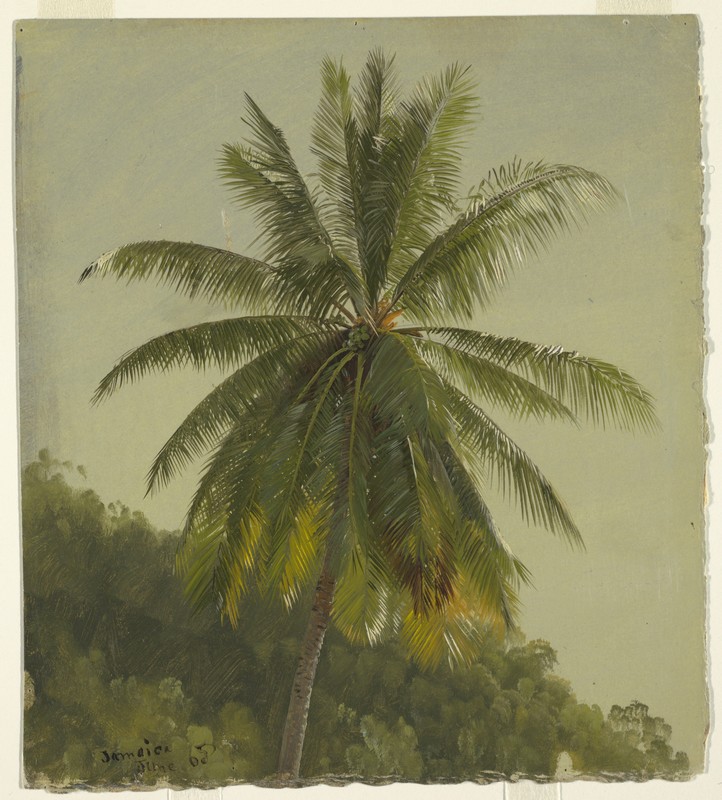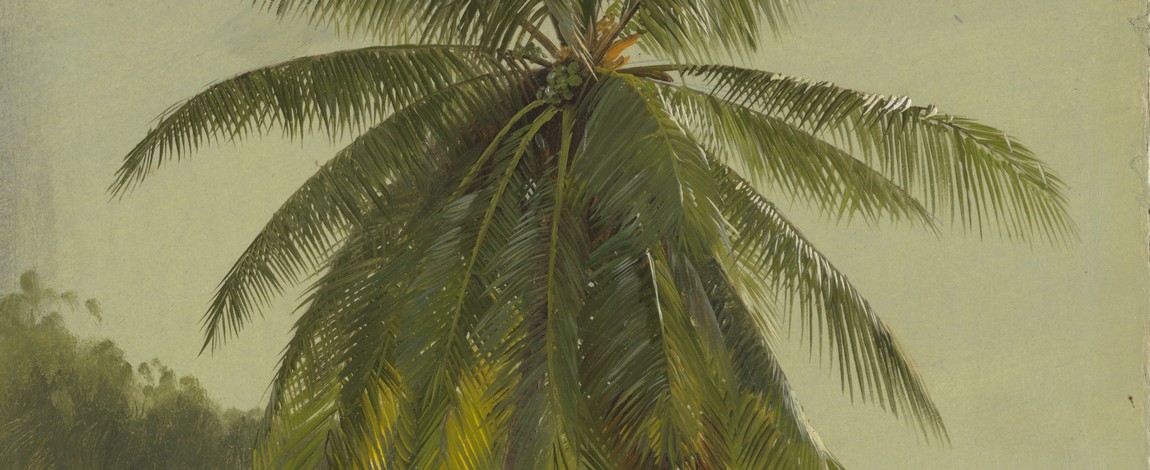
The poem “Ein Fichtenbaum steht einsam” found in Heinrich Heine's Lyrisches Intermezzo has been set to music numerous times; however, none of these compositions have achieved significant popularity. Not even the one by Franz Liszt, which you might think Lied lovers would know first. This actually works in our favour for the “The same poem, one more song” series: we can listen to any of the versions without a heavyweight reference point overshadowing the others.
The first setting we heard was by Edvard Grieg, and today we will listen to that of Nikolai Rimsky-Korsakov, Ель и пальма [Yel’ i palma, The Spruce and the Palm]. It is the No. 1 from his Op. 3, composed in 1866, shortly after he returned from a three-year sea voyage (remember, he was an officer in the Russian navy) and resumed his studies with Mily Balakirev.
Nikolai Rimsky-Korsakov's early songs usually have a marked oriental flavour, partly because his teacher had collected numerous folk songs, and he had devoted himself to harmonizing them. In our song, Orientalism is more than adequate, as it features a palm tree as a co-star. The first part of the piece, which refers to the spruce, is restrained and has an almost declamatory vocal line, but when the palm tree is mentioned, the music changes atmosphere and begins to waver. The inevitably Russian melancholy appears in the music of the last two verses of the poem, which Rimsky repeats, thus emphasizing the palm’s loneliness and grief.
I think Yel' i palma is a beautiful song, and it sounds even more beautiful in the performance we’ll hear today, by Nicolai Gedda with Erik Werba at the piano. Friday marks the centenary of the birth of the tenor, so we’re treating ourselves to his voice and art. Thank you, Nicolai Gedda, for so much beauty!
Na severnom golom utiosse
Stoit odinokaia iel.
Iei dremletsia. Sonnuiu snejnim
Pokrovom odela metel.
I ieli meresxitsia palma,
Txto v dalnei vostotxnoi zemle
Odna moltxalivo toskuiet
Na znoiem sojónnoi skale.
A spruce-tree stands alone
in the north, on the bare heights;
it slumbers; in a white blanket
it is surrounded by ice and snow.
It dreams of a palm tree
which, far-off in the land of the morning,
grieves, alone and mute,
on a burning, rocky wall.
(translation by Emily Ezust)















Comments powered by CComment